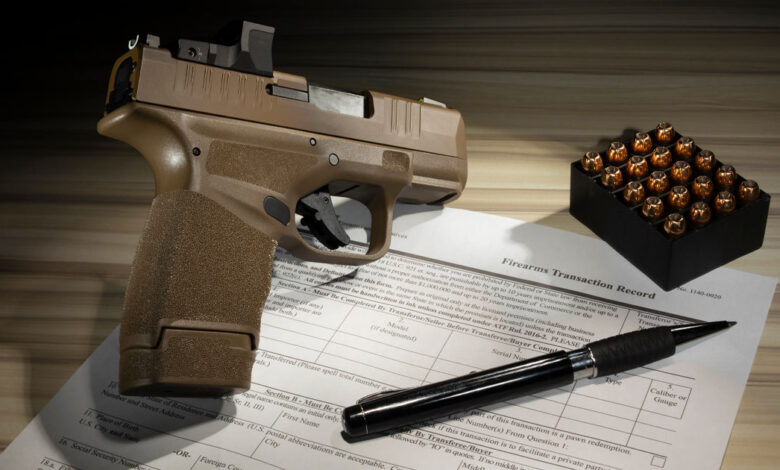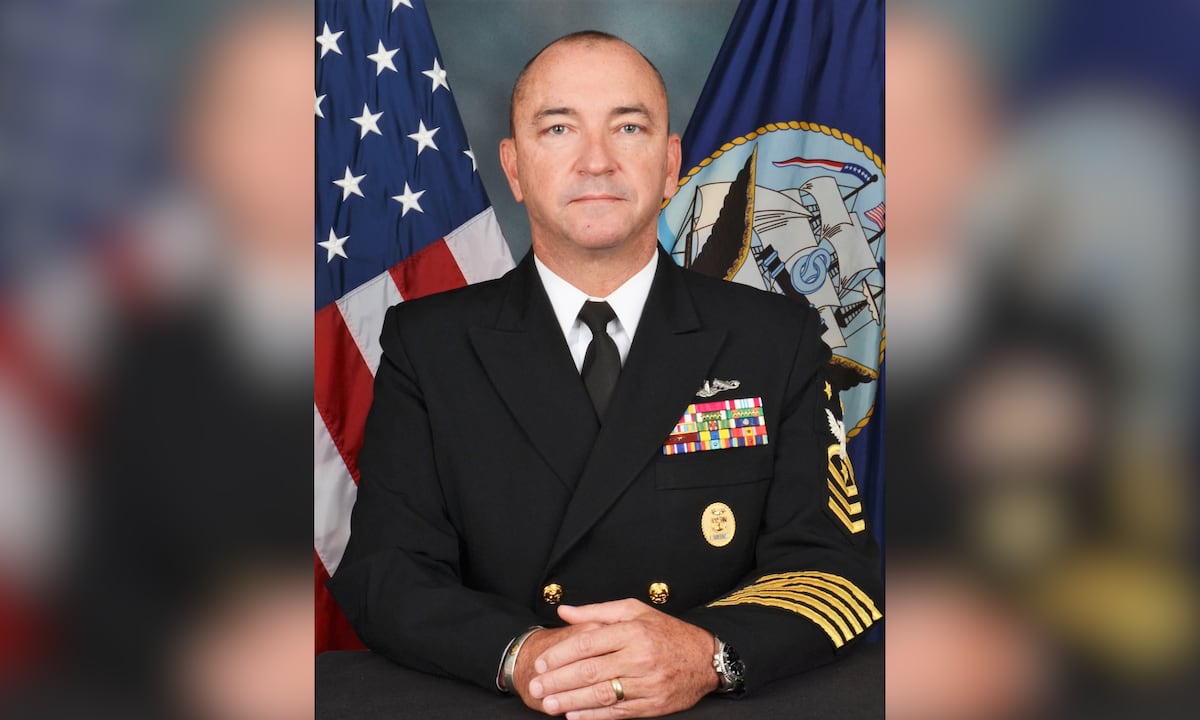FFLs Can Make an Honest Mistake Now: ATF Replaces Biden’s ‘Zero Tolerance’ Policy

Listed To This Article: Play in new window | Download | Embed
You can also subscribe via Apple Podcasts | Spotify | Amazon Music | Android | | More
WASHINGTON, DC — The Bureau of Alcohol, Tobacco, Firearms and Explosives (ATF) announced a major policy shift on Friday, rolling back its controversial “zero-tolerance” stance toward Federal Firearm Licensees (FFLs) during compliance inspections. The updated national policy aims to promote fairness, consistency, and a renewed emphasis on public safety while respecting the rights of lawful gun dealers.
Replacing the 2021 Enhanced Regulatory Enforcement policy, the new guidance instructs ATF investigators to use discretion in evaluating inspection results, distinguishing between clerical errors and willful misconduct. This marks a significant departure from the prior policy, which critics say often led to license revocations over minor mistakes.
“This update is about getting it right and making sure we’re focused on public safety,” said ATF Acting Director Daniel Driscoll. “Under the previous policy, some licensees were being penalized for simple mistakes such as forgetting to put their license number on forms. This new guidance gives our investigators the discretion to tell the difference between an honest mistake and a real threat to public safety.”
Under the revised policy, investigators are instructed to consider mitigating factors such as self-reporting, corrective actions taken by the licensee, and overall compliance history. Rather than an automatic revocation for any violation, the policy now provides a framework that includes education, warnings, or administrative action only when appropriate.
Key changes include:
- Contextual Enforcement: Focus on serious, willful violations, while addressing minor or clerical issues with corrective guidance.
- No Presumed Revocation: The policy eliminates the assumption of revocation for first-time or unintentional violations.
- Public-Safety Focus: Greater emphasis on whether a licensee poses an actual threat to public safety or contributes to violent crime.
- Defined Standards: Clearer definitions of legal terms like “willful” and “knowing” along with standardized timelines for reviews and enforcement.
- Proactive Engagement: Encouragement of early intervention and collaboration with compliant FFLs, while maintaining strict oversight of repeat offenders.
The update underscores a more balanced approach to industry oversight, reflecting a shift toward partnering with rather than penalizing responsible dealers. ATF maintains that its inspections remain a crucial tool in preventing illegal firearms trafficking by identifying patterns of concern such as straw purchases and missing inventory.
This policy adjustment appears to be a step toward restoring trust between federal regulators and the lawful gun industry. For many FFLs, the previous enforcement approach created uncertainty and fear of losing their livelihood over what were often administrative oversights.
The change affirms that law-abiding gun dealers are not adversaries, but allies in the broader mission of enhancing public safety and protecting constitutional rights.







